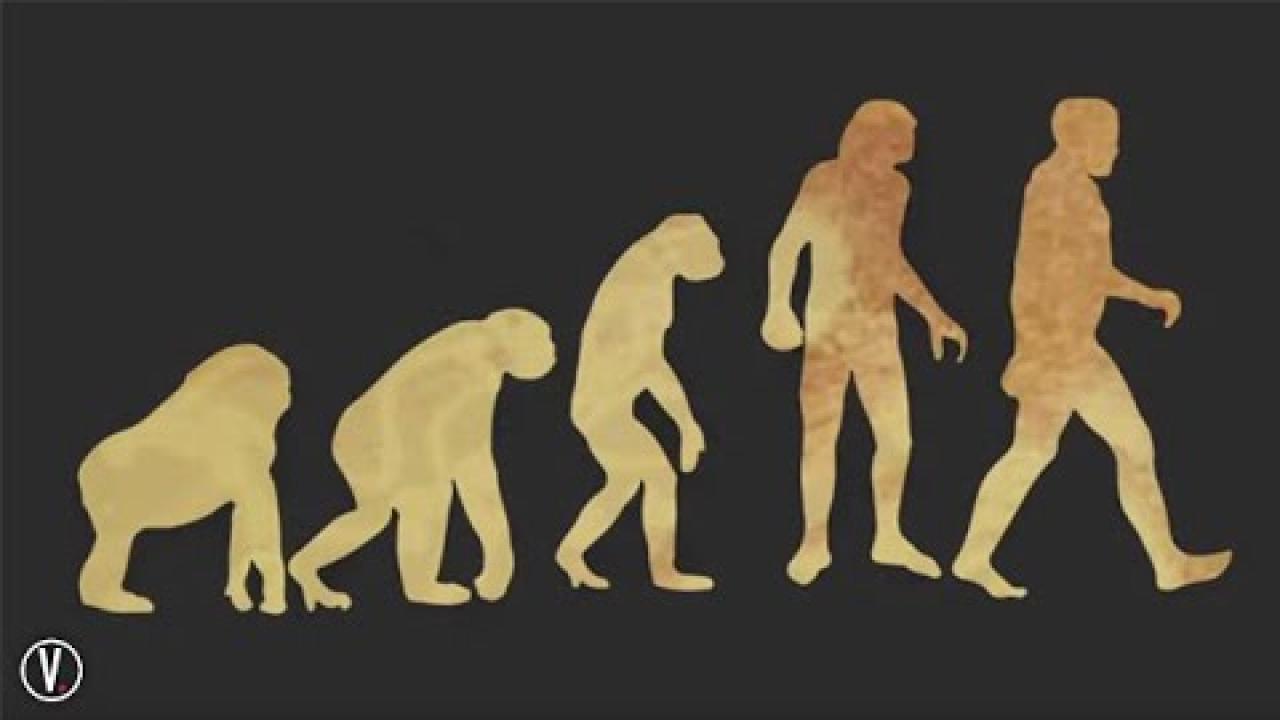
This is why Evolution is WRONG!
The origin of life is a much debated topic. Some have dedicated their lives to finding an answer. Others write the question off as unanswerable. Just what is the probability of life occurring spontaneously from non-life with the ability to reproduce? We should remember that just because something exists does not mean the probability of the event is 100%, as the event may have been the result of a willful intervention.
The origin of life is a much debated topic. Some have dedicated their lives to finding an answer. Others write the question off as unanswerable. Just what is the probability of life occurring spontaneously from non-life with the ability to reproduce? We should remember that just because something exists does not mean the probability of the event is 100%, as the event may have been the result of a willful intervention.
It has become abundantly clear that earth is the only place where life exists in our solar system.
All of the other planetary bodies have been explored to one extent or another, without revealing the existence of any organic tissue.
Well how many planets might be out there in the Milky Way and the galaxies beyond? Can we expect that somewhere else life has spontaneously developed and is flourishing? What is the probability of finding life outside of the earth?
Traditionally people under the influence of religion have viewed life on earth as the product of a deliberate and planned creation. Others explain the presence of life through a slow process of development or evolution, which presently seems to be the most accepted point of view.
Well how do mathematicians assess the probability of the origin of life?
Probability is a field of mathematics that assesses the likelihood of an event occurring. Given enough information, all of the possible outcomes or arrangements of a situation can be determined. Mathematicians can therefore predict, with considerable accuracy, the possibility of an event occurring.
When probability is used correctly it can accurately predict the likelihood of:
- Election results
- Life expectancy of a population (Insurance rates)
- Likelihood of one purchasing a certain item
Let me give a simple example of probability. If you had a single die, the likelihood of rolling a one, is 1/6 as there is one desired result out of a total of 6 results. If you had a ten sided die the likelihood of rolling a one is 1/10. In order to show this let us first express chances in a different way:
- 1 out of 100 or 1/102
- 1 out of 1 000 000 or 1/106
In mathematics if the chances of something occurring are less than 1/1050 we generally say the chances of that event are nil, that is it will not occur. This is because 1050 represents a number that is far greater than the estimated number of planets in the entire universe.
The development of life from simple non-living matter represents the coming together of various molecules to form more organized and complex structures, which includes very intricate and essential molecular machines.
Thus the spontaneous development of life requires things moving from less order to more order. Evolutionary thought is predicated on the premise that matter can move to a higher state of order in an unguided or accidental way not only once, but with literally millions of steps along the way. Mathematics holds an opposite view.
To evaluate the likelihood of this possibility mathematicians would first consider the second Thermodynamic Law, called the Law of Entropy, a law that demonstrates that all matter will tend toward a state of maximum disorder unless acted upon by an organizing force. As Dr. W.H. Thorpe (Prof. of Animal Ethology: Cambridge) puts it:
"...the likelihood of life occurring by chance is fantastically improbable. The spontaneous formation of life violates the second Thermodynamic Law, which states that all closed physical systems (such as the earth) tend toward a state of maximum disorder."
According to Dr. Jean Morton:
"...the odds that a single large protein molecule can develop by chance are 1/10113...." He goes on to say that the chances of the natural development of the 25 000 enzymes that help make up the human body are 1/102,825,000.
To put it another way, former astrophysicist and head of mathematics at Wales University, Dr. Wickramasinghe and English astronomer, Sir Fred Hoyle, who formulated the theory of stellar nucleosynthesis, describe the likelihood of human evolution to be as mathematically plausible as:
"...a tornado blowing through a junkyard and leaving behind a complete and flyable Boeing 747..."
In a case of the 747 the organizing force which assembles it is a labour force of men and women. In the case of the cell, evolutionary scientists are turning over every rock in search of events or natural phenomena to explain evolution's triumph over probability and the known laws of nature.
These men I have quoted are some of the most respected mathematicians on the planet, they are not religious nut cases. They have looked without prejudice at the notion that life evolved by chance from non-life, and has progressed through natural selection into the complex forms we have today, and have come to the same conclusion:
To accept evolution, one must first accept that the impossible happened.